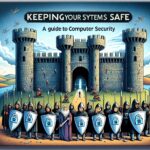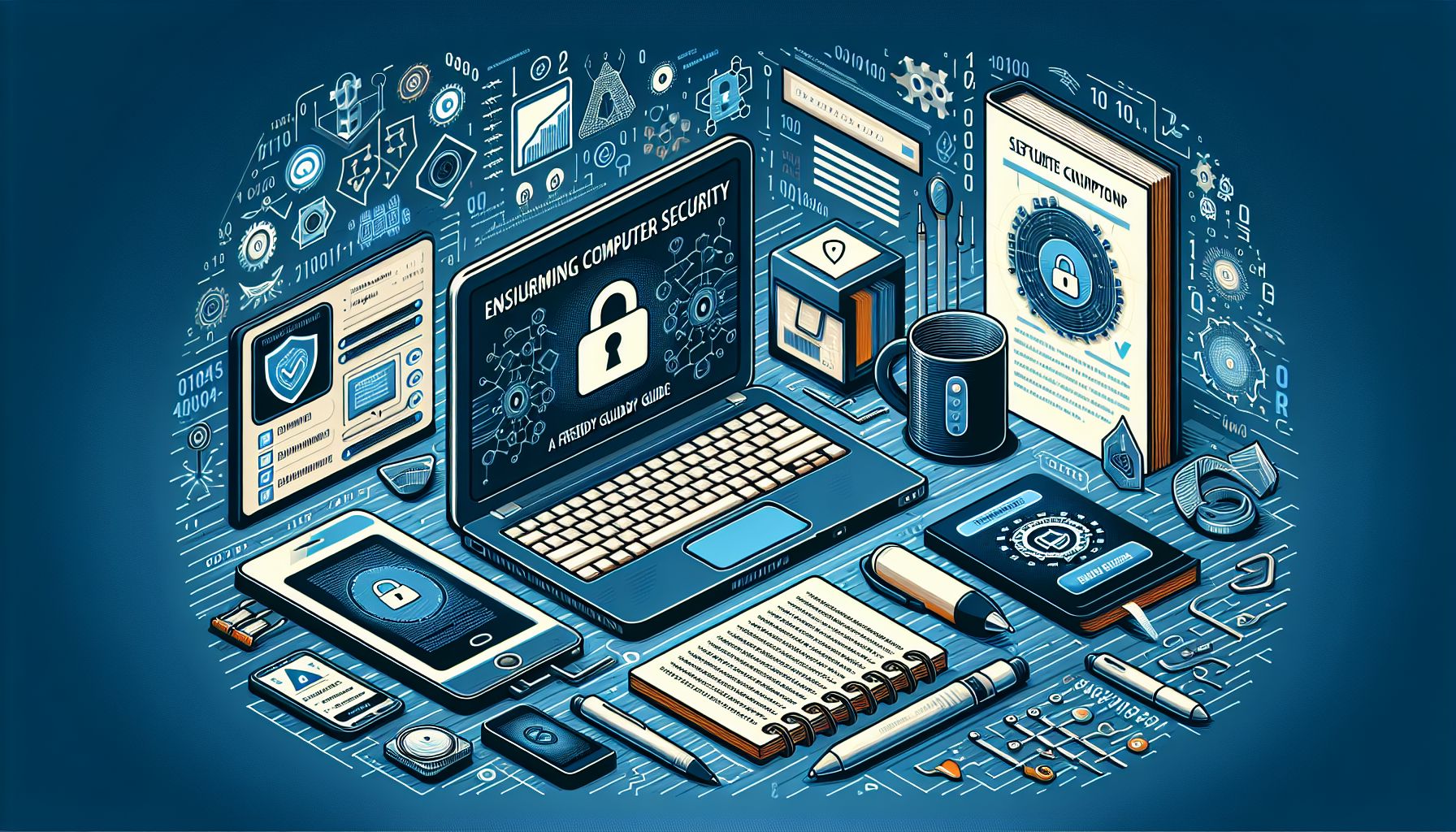In today’s digital age, computer security is more important than ever. With cyber attacks becoming increasingly sophisticated, it’s essential for technical enthusiasts to be vigilant about protecting their systems and data. Whether you’re a seasoned IT professional or just someone who enjoys tinkering with technology, understanding the basics of computer security can help you stay safe online. In this guide, we’ll cover some key principles and best practices to help you enhance your computer security knowledge.
Understanding the Basics
Before diving into specific security measures, it’s important to have a basic understanding of what computer security entails. Simply put, computer security is the process of protecting your data, hardware, and software from malicious attacks and unauthorized access. This can include everything from securing your network and passwords to installing antivirus software and keeping your operating system up to date.
Best Practices for Enhanced Security
Now that we’ve covered the basics, let’s delve into some best practices for enhancing your computer security:
-
Use Strong Passwords: This may seem like a no-brainer, but using strong, complex passwords is one of the most important steps you can take to protect your data. Avoid using easily guessable passwords like “123456” or “password,” and consider using a password manager to securely store and generate unique passwords for each of your accounts.
-
Enable Two-Factor Authentication: Two-factor authentication adds an extra layer of security by requiring a second form of verification, such as a text message or authenticator app, in addition to your password. This can help prevent unauthorized access even if your password is compromised.
-
Keep Your Software Updated: Regularly updating your operating system, applications, and antivirus software is crucial for staying protected against the latest security threats. Software updates often include patches for known vulnerabilities, so it’s essential to install them as soon as they become available.
-
Secure Your Network: If you’re using a home or office network, make sure to secure it with a strong password and encryption. Avoid using default network names and passwords, and consider enabling network-level security features like a firewall to block malicious traffic.
-
Backup Your Data: In the event of a cyber attack or hardware failure, having regular backups of your data can be a lifesaver. Consider using cloud storage, external hard drives, or dedicated backup solutions to ensure that your important files are safe and secure.
Advanced Security Measures
For those looking to take their computer security to the next level, there are several advanced measures you can implement:
-
Use Virtual Private Networks (VPNs): VPNs encrypt your internet traffic and hide your IP address, making it more difficult for hackers to intercept your data. This can be especially useful when connecting to public Wi-Fi networks or accessing sensitive information online.
-
Secure Your Devices: In addition to securing your computer, don’t forget about other devices that may be connected to your network, such as smartphones, smart home devices, and Internet of Things (IoT) gadgets. Make sure to change default passwords and keep these devices updated with the latest security patches.
-
Monitor Your System: Set up monitoring tools to keep an eye on your system’s activity and detect any unusual behavior that could indicate a security breach. This can help you identify and respond to threats more quickly, minimizing potential damage.
Conclusion
In conclusion, computer security is a critical aspect of our digital lives that should not be taken lightly. By following best practices, implementing advanced security measures, and staying informed about the latest threats, you can significantly reduce the risk of falling victim to cyber attacks. Remember that security is an ongoing process, so make sure to stay proactive and vigilant in protecting your systems and data. Hopefully, this guide has provided you with some valuable insights and resources to help you enhance your computer security knowledge. Stay safe and secure online!










